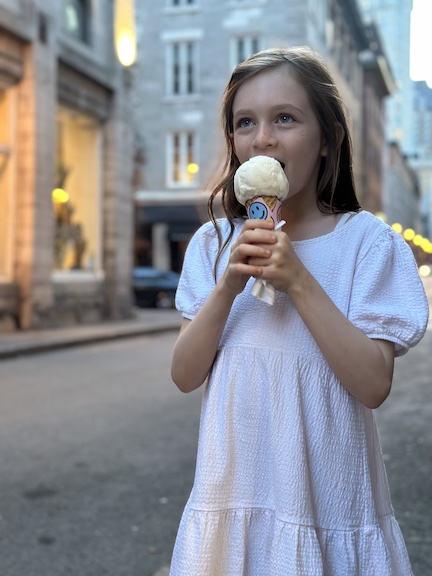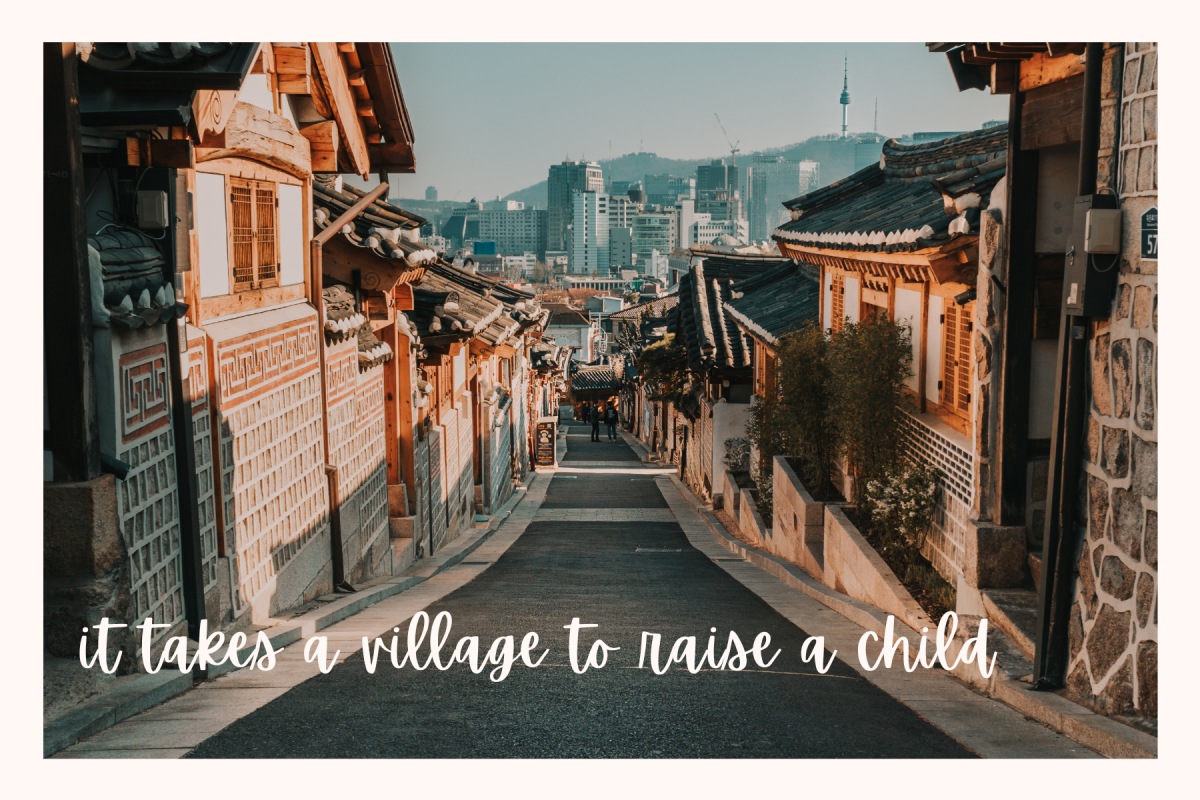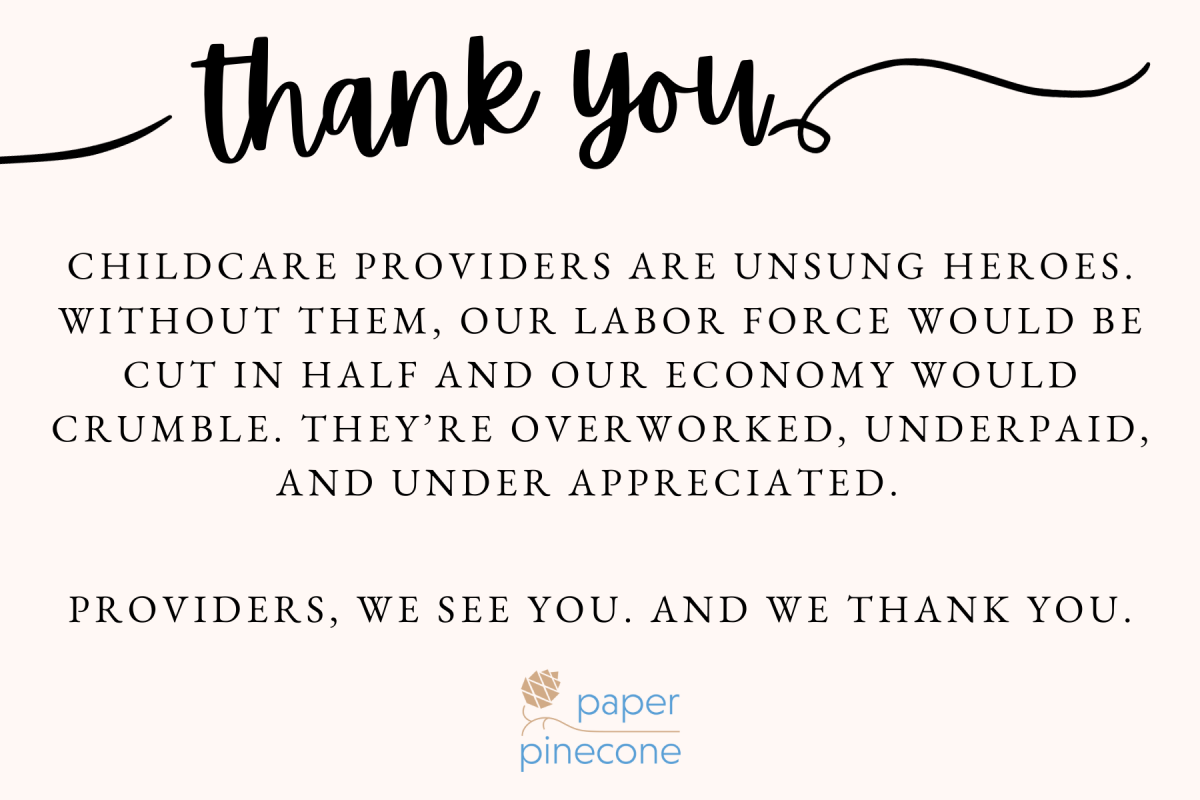I’ve been required by my team to provide a bio, which honestly, I struggle with. While I might be the driving force behind Paper Pinecone, I’ve never desired to be the face of it. I suppose it comes with the territory of being Founder & CEO, so here goes…
Like many of you, I’m a mom, and a far from perfect one at that. As much as I know about early childhood development, I still lose it sometimes. There are days (er, weeks) my daughter gets far too much screen time, and I don’t give her the attention she deserves. And sometimes I feel guilty about it and pretend that a trip out for ice cream somehow erases my mistakes.

My daughter’s infancy was impossibly hard. She was Just. So. Needy. All babies are needy, of course - they can’t do anything for themselves. But mine was so much needier than every other baby I was around. She wasn’t happy anywhere except in my arms or on my breast. She wouldn’t nap without being held, and overnight she woke hourly.
During a rare outing to a friend’s house (my daughter screamed bloody murder in the car, and the stroller, and the carrier so we didn’t get out much) a seasoned mom said, “What’s wrong with your baby?” as she watched my child frantically comfort nurse for two hours, taking breaks only to spit up on me. Well-meaning people kept asking “Is she a good baby? Does she sleep?” and I’d think, “No, she’s quite literally sucking the life out of me.” I felt like crap physically, mentally, and emotionally.
We had no family nearby and my husband kept saying we should get help – hire a part-time nanny or a mother’s helper. And I refused because I thought I should be able to handle it – that getting help meant that I was a failure.
As my daughter got older and more independent, things improved, but as one would expect toddlerhood brought its own challenges. It was different, though. I was different.
I started learning about children. I read everything I could that might possibly explain why my daughter was how she was. What I learned changed everything.
There was nothing wrong with her and I wasn’t a failure.
She was doing what babies do – communicating her physical and emotional needs. Her emotional need to be held might have been higher than some other babies’, but as adults, we all have different needs, so naturally babies do as well.
Her night wakings, while also perhaps on the extreme side, were not only normal, they were good for her. And everything she was doing was ingrained in her DNA because of millions of years of evolution. They were survival mechanisms, and survival mechanisms include developing an emotional bond with mom.
What I was doing, however, was very much not normal. Up until relatively modern times, children were cared for communally. This has been true since we were cavepeople and occurs in cultures across the globe. We are not meant to raise children in silos yet somehow, expectations have shifted from the proverbial, “it takes a village” mindset to thinking that we can, and should, be able to do this alone.

And then we have our unsung heroes - childcare providers. They are the lifeblood of our economy and work tirelessly and thanklessly caring for the children of strangers as if they were their own. They have stepped into that role previously held by family to become our village, and their vast contributions must be fully acknowledged.

With all that said, I started Paper Pinecone with one mission: to help people. The goal was to help parents navigate daycare and preschool and help providers fill their openings.
We’ve evolved quite a bit since then, but the mission to help remains intact. Today, here’s what that means to us:
- Support parents and childcare providers with the most helpful early childhood resources.
- Advocate for providers.
- Bridge the gap between parents and providers by filling childcare openings with families who are the right fit for providers and providers who are the right fit for families.
- Give providers great tools to help them run their businesses.
Everything that happens in the first five years of a child’s life will shape their future and in turn, has the potential to shape the world.
With that in mind, everything we do ladders up to a singular focus: helping children.